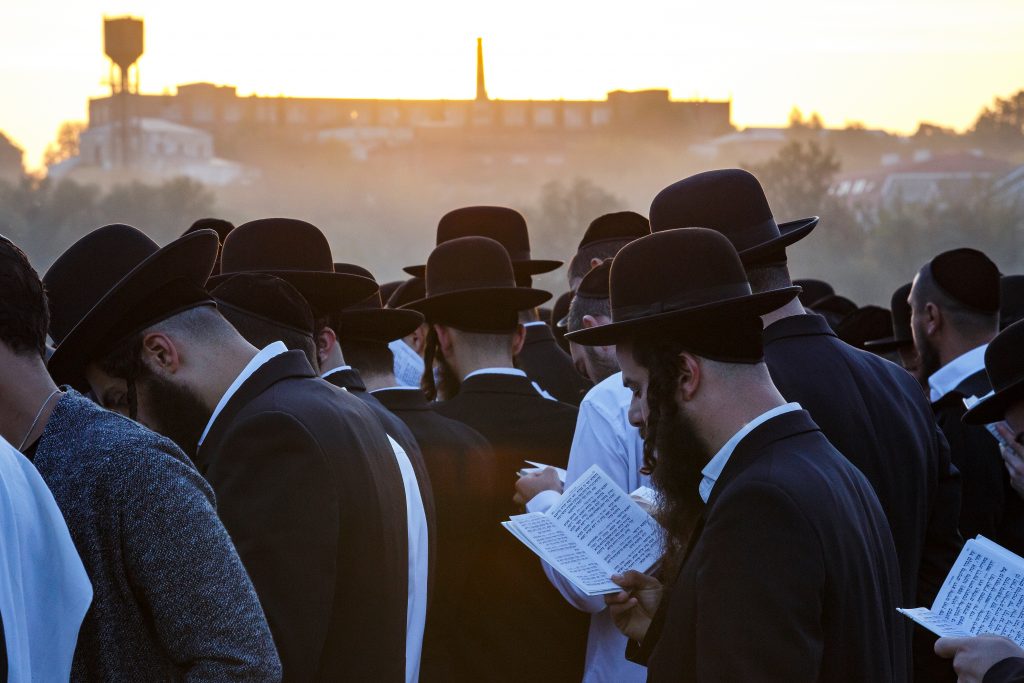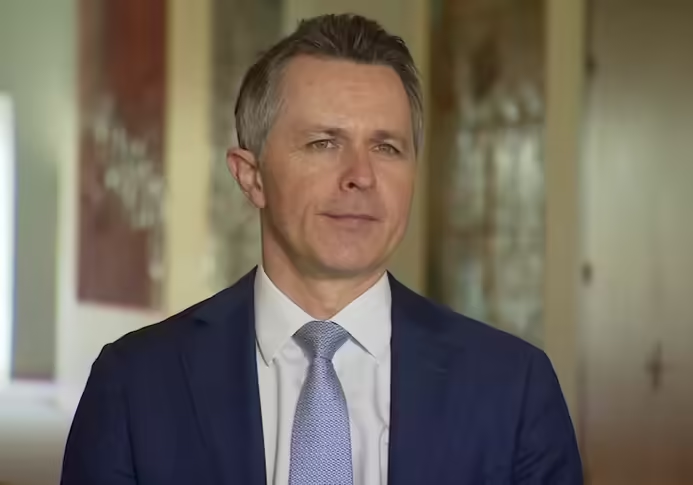Australia/Israel Review
Ukraine’s Jews brace for shortages, antisemitic provocations
Mar 1, 2022 | Nastya Shub, Sam Sokol

As Russian troops began moving into eastern Ukraine following Moscow’s official recognition of two breakaway separatist enclaves on Feb. 21, local Jewish leaders expressed concern not only that their constituents could be displaced by renewed fighting, but that the Kremlin might attempt to use antisemitic provocations to delegitimise their country.
Speaking to Haaretz from the eastern city of Dnipro, Rabbi Meir Stambler, the chairman of the Federation of Jewish Communities of Ukraine, said that he was more worried about the possibility of antisemitic provocations carried out by Russian agents than a full-scale war.
“We were never concerned about security, but now we are worried that the situation might change, so that’s why we are working on safety precautions for all the rabbis, communities, schools and synagogues,” Stambler told Haaretz. “They want to [accuse] Ukrainians of being antisemites or fascists.”
Russian media was filled with false reports of anti-Jewish persecution during the early days of conflict between Russia and Ukraine, with Russian President Vladimir Putin warning in March 2014 that the “rampage of reactionary forces, nationalist and antisemitic forces going on in certain parts of Ukraine” might necessitate a military intervention and Jewish leaders in turn accusing the Kremlin of staging antisemitic incidents for propaganda purposes.
More recently, top Russian officials have accused Ukraine of carrying out a “genocide” in two breakaway separatist enclaves in the east of the country.
But while Stambler didn’t believe that a full-scale invasion, and its concomitant refugee crisis, were likely, he said that his organisation was also preparing to distribute emergency food kits to 20,000 Jewish families across the country.
“I don’t know exactly what will happen but we believe in God and we pray. I don’t believe something will happen but we have to make sure we take care of the Jews who decided to stay here,” he said.
Rabbi Stambler was one of several Ukrainian Jewish leaders who have said that they are preparing emergency plans to evacuate and house large numbers of refugees should the conflict escalate into all-out war.
Chief Rabbi Yaakov Bleich said that while Ukraine is much better armed and prepared than when the conflict with Russia broke out in 2014, a serious escalation could see a new wave of refugees fleeing the fighting.
“In the Jewish community we have contingency plans to accept refugees in the west if people need to leave. Our community is preparing a large complex in Zhytomyr, 100 kilometres west of Kyiv, for people who may want to evacuate voluntarily and in case we have refugees from the east,” he said. “We didn’t have that in 2014, we weren’t ready for it.”
While communal leaders had said that local Jews were determined to stay, a sense of insecurity and uncertainty had begun to spread.
Ilya, a Jewish businessman from Kyiv who asked that his last name be withheld for security reasons, said that people have been growing nervous.
He was one of thousands of Jews living in Kyiv who received a pre-recorded voice message from local Rabbi Moshe Azman in mid-February, inviting them to take shelter at Anatevka, a refugee centre he built outside of the city to house war refugees in 2016, should they need to flee the capital.
Rabbis from all denominations have taken the lead in not only calming the growing fear in the community but in “gathering needed things such as medication, warm clothes and everything that might be needed in the case of the war,” Ilya said.
“I’ve received dozens of messages from Russian Jewish friends in Moscow saying ‘sorry about this, we don’t want a war, we didn’t vote for Putin.’”
Speaking by telephone from rebel-controlled Luhansk, Anna said that “the most terrifying part is uncertainty, not knowing what comes next.”
There is great “fear of the unknown and of the bombing. I was here in 2014. We didn’t have gas, water, or communications for more than two months. I hope it won’t be as long this time around but it still causes great anxiety.”
“At the moment I can’t say that people are leaving” but “some people are slowly packing to be ready to evacuate,” she said. “But one-two strikes and they will leave straight away. Especially those who lived through 2014. For now we are sitting, observing and waiting for what comes next.”
© Haaretz (www.haaretz.com), reprinted by permission, all rights reserved.
Tags: Antisemitism, Europe, International Jewry, Russia, Ukraine






